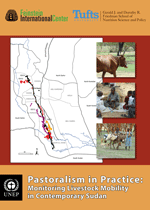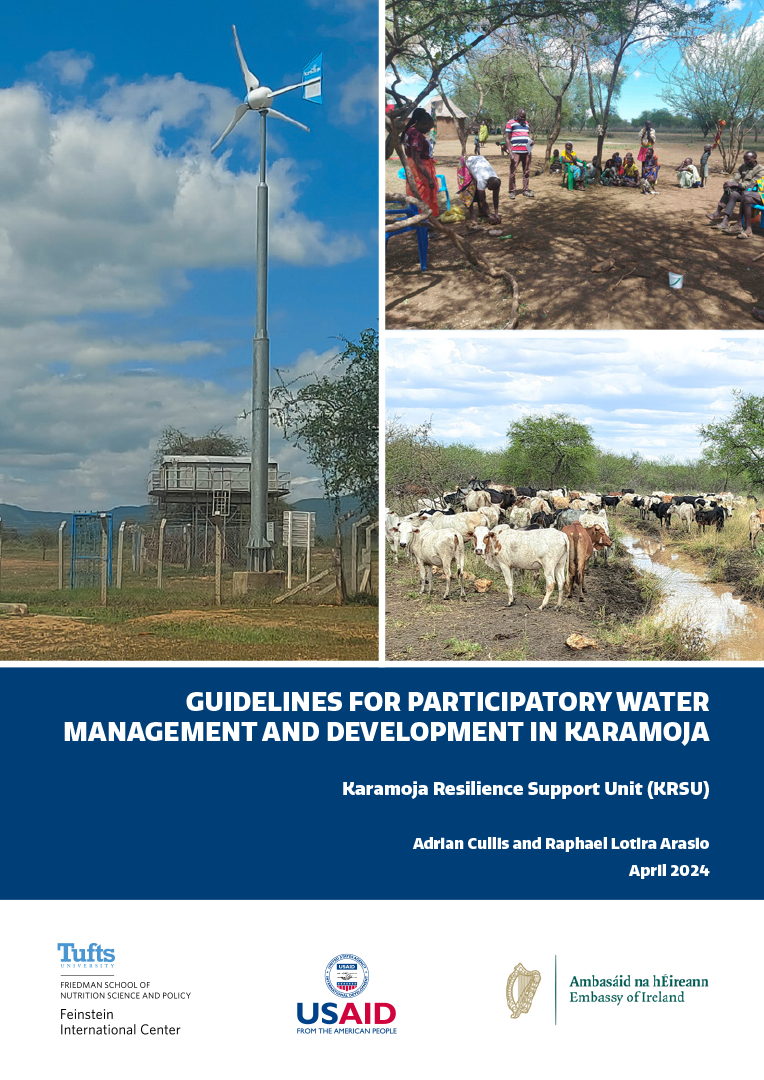This report highlights the importance of pastoralist livestock mobility for the resilience of pastoralist livelihood systems and for maximising productivity. Tufts and partners monitored camel, sheep and cattle herds for up to five months in Darfur and Kordofan regions of Sudan. Using mixed methods and GPS tracking the study recorded in detail herd movements and management strategies in response to environmental parameters (the advancing rains and greening up of vegetation). The study highlights a diverse range of modernising trends and livelihood adaptations, including for example diversified investment strategies, herder responses to inter-tribal conflict in East Darfur and conflict avoidance strategies. Local case-studies present new evidence of a distinctive pastoralist approach to natural resource management that regulates access to natural resources rather than seeking to control numbers of animals. Not all trends are positive, and thus need to be analysed so as to support the positive while mitigating potential negative consequences.
A review of recent peace agreements and the links between land, power and tribal allegiances captures differing perspectives on pastoralism and also analyses some of the ‘externalities’ that are directly impacting pastoralism. The report and briefing paper finish by flagging key issues and recommendations to be considered by government, humanitarian and development practitioners.
The report, appendices and policy briefing paper can be found on the UNEP and Tufts websites.
Click here to download the appendices.
Click here to download the briefing paper.
Click here download the briefing paper in Arabic.







